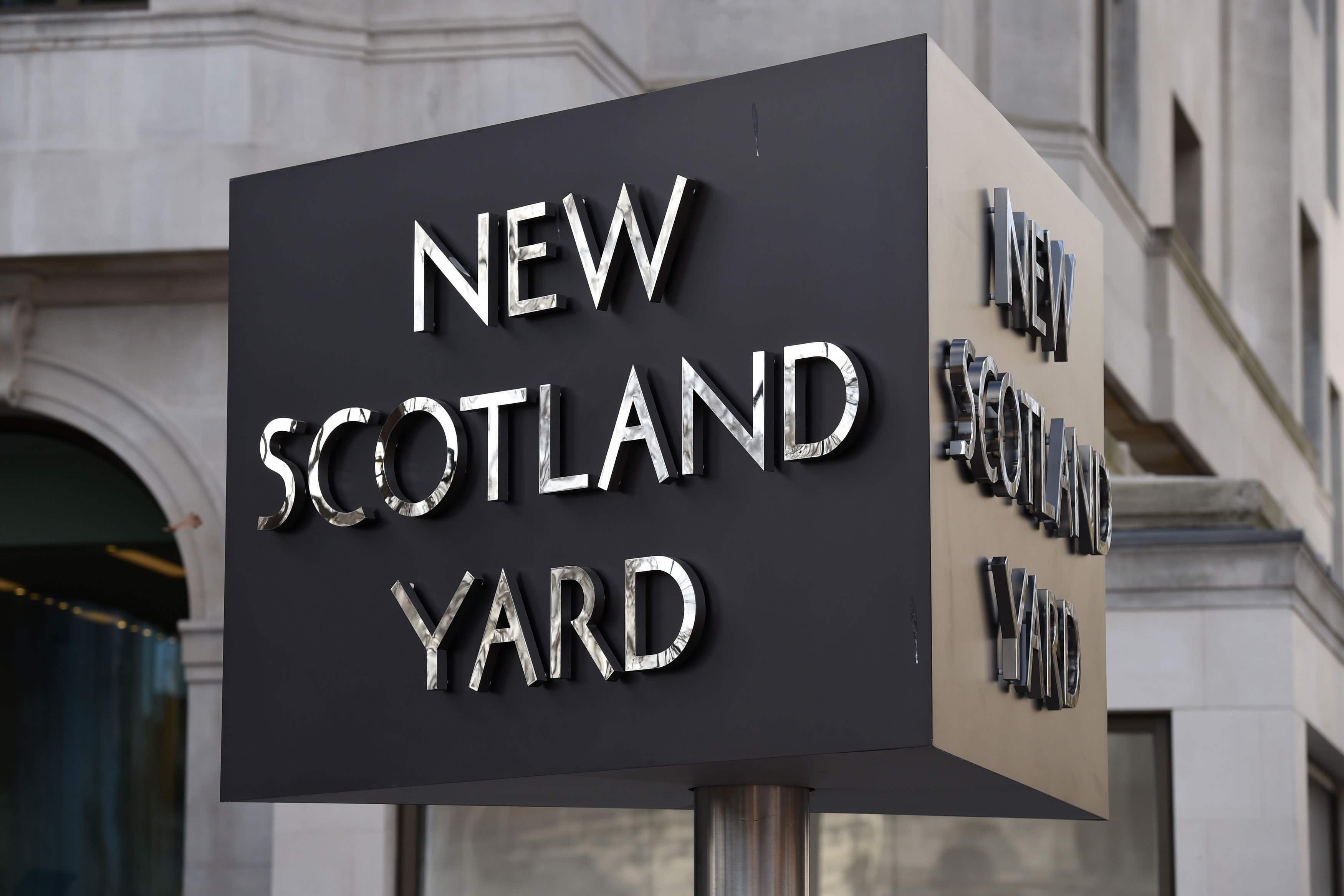It is shocking how little the Met has changed since the murder of Stephen Lawrence
However, all is not lost. History has shown us that British society rarely changes due to the findings and recommendations of a report, but can through people power


Your support helps us to tell the story
From reproductive rights to climate change to Big Tech, The Independent is on the ground when the story is developing. Whether it's investigating the financials of Elon Musk's pro-Trump PAC or producing our latest documentary, 'The A Word', which shines a light on the American women fighting for reproductive rights, we know how important it is to parse out the facts from the messaging.
At such a critical moment in US history, we need reporters on the ground. Your donation allows us to keep sending journalists to speak to both sides of the story.
The Independent is trusted by Americans across the entire political spectrum. And unlike many other quality news outlets, we choose not to lock Americans out of our reporting and analysis with paywalls. We believe quality journalism should be available to everyone, paid for by those who can afford it.
Your support makes all the difference.According to the latest review by Baroness Casey, commissioned in the wake of the murder of Sarah Everard, the Metropolitan police are “institutionally racist, misogynist and homophobic”.
Speaking to Black people, women, gay friends, and people who work on these issues, the findings are up there with: water is wet, and fire is hot. It shouldn’t be this way.
The conclusions of the report are shocking, and we should all be calling for systemic change when it comes to the way Great Britain is policed. My fear is that apart from a flurry of headlines, a ten-minute discussion on Newsnight, and a few radio phone-ins (which will be more noise than signal), nothing will change – and I know I am not the only one who feels this way.
That cynicism is dangerous, both on a societal and personal level.
In 1992 I was arrested after attending a demonstration protesting against a British National Party march through Woolwich on the anniversary of the racist murder of Rolan Adams, in which the police investigation was perceived by many as woefully inadequate.
I was charged and went to court for allegedly obstructing a police officer from carrying out their duties. In court, the police officer’s recollection of the event was – to put it politely – in stark contrast with my own. Luckily for me, the magistrate did not find me guilty and I did not get a criminal record which, as a young black man, could have blighted other opportunities in my life. To personally see and feel the power the police had over my life shaped the way I view the world.
A year later, in 1993, Stephen Lawrence died.
It then took another four years, the intervention of a global icon in Nelson Mandela, the creation of a Black British icon in Doreen Lawrence, and a new government to commission the Macpherson report to “inquire into the matters arising from the death of Stephen Lawrence on 22 April 1993 to date, in order particularly to identify the lessons to be learned for the investigation and prosecution of racially motivated crimes”.
The findings of the Macpherson report were damning, finding that “racism was an important factor in the failure of the Metropolitan police investigation into Stephen Lawrence's murder”. It concluded that the problems it found amounted to “institutional racism”, and highlighted racism “at both individual and institutional level.”
Macpherson was meant to change everything; and yet as I sit here 24 years after it was published, reading the new Casey report, it feels as if nothing has changed.
I have now lived through at least three supposedly “epoch defining” reports that were all meant to change how British society thinks of race and our multicultural society.
We were told the Scarman report, following the 1981 Brixton riots, would change everything. It didn’t.
Forgive me if I am cynical for thinking the Casey report will have little long-term impact.
This cynicism is compounded when Sir Mark Rowley, the Met commissioner, effectively danced on a head of a pin when responding to the Casey report’s finding of racism, misogyny and homophobia in his force, saying he “accepts the diagnosis” but won't use the label because it's “understood to mean different things and has been politicised”.
But the truth is that we cannot afford to give in to cynicism. We must believe that all parts of British society, and in particular the police, have the potential to change for the better. If we do not believe in the possibility of change we are effectively giving up. If that is the case then the racists, homophobes and misogynists have won.
But what British history has shown us is that British society has rarely changed due to the findings and recommendations of a report.
From the Tolpuddle martyrs to the suffragettes to even the poll tax riots, British society is changed by people who believe Britain can be better, and that the people have the power to make it better.
Reports written by members of the House of Lords are good; action by the British people, though, is better. Together we can push the Met to police to be better, but we cannot just leave it up to officials to do it for us. More than anything else, we cannot give in to cynicism.
Marcus Ryder is editor of the book ‘Black British Lives Matter’
Join our commenting forum
Join thought-provoking conversations, follow other Independent readers and see their replies
Comments